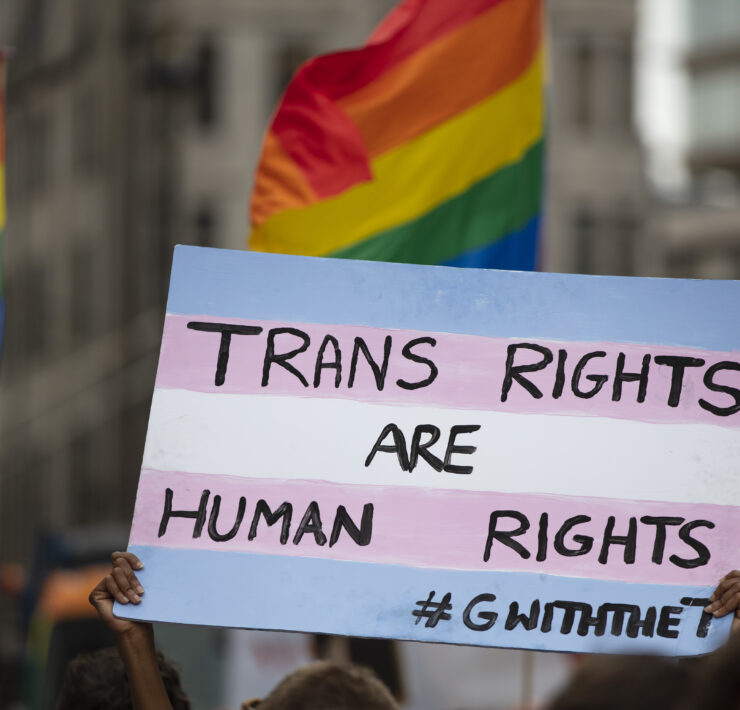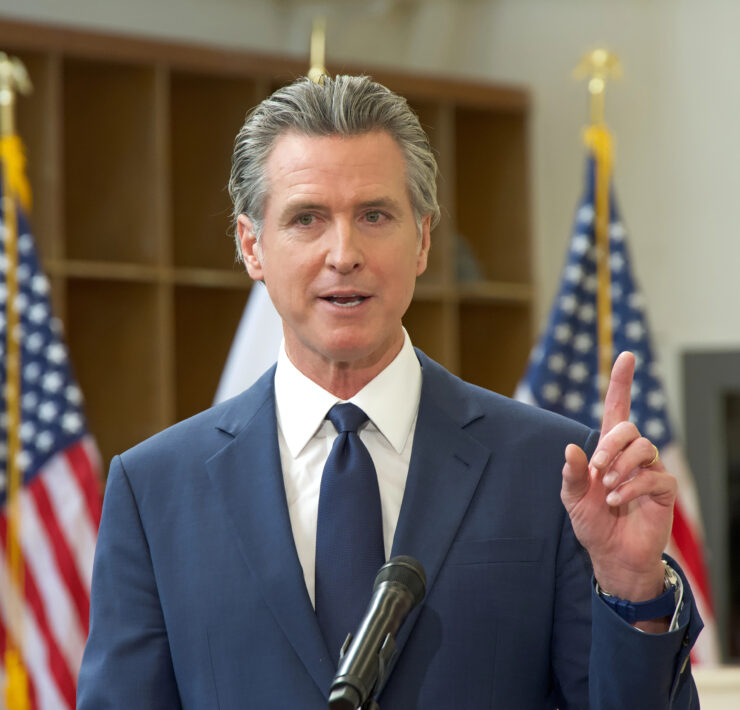Amendments to the Slovakia Constitution Could Deny Legal Recognition of Trans People

In March 2025, Slovakia introduced a series of controversial constitutional amendments that have drawn widespread criticism from human rights advocates and legal experts. These proposed changes, which build on restrictive legislation passed in 2023, could effectively eliminate the legal recognition of transgender, nonbinary, and intersex individuals in the country.
These amendments aim to legally define gender solely based on biological sex assigned at birth—male or female— erasing any legal recognition of gender diversity. This move, critics say, not only disregards the lived realities of transgender and intersex individuals but also stands in direct contradiction to international human rights standards and European human rights obligations.
Michael O’Flaherty, the Council of Europe Commissioner for Human Rights, has been one of the most vocal opponents of the proposed changes. In a public statement, he urged Slovak lawmakers to reject the amendments, warning that they would severely weaken the protection of human rights in the country, particularly for marginalized communities. O’Flaherty emphasized that the amendments are not just a domestic issue, but a matter of European concern, as they could set a dangerous precedent for other countries considering similar measures.
The proposals also include a provision that would restrict adoption rights exclusively to married heterosexual couples, a measure that would further marginalize LGBTQ+ individuals and couples by denying them the right to form families. Human rights organizations argue that such restrictions would deepen social inequality and deprive children of loving homes based solely on discriminatory criteria.
The Slovak Republic’s ruling officials have defended the proposed amendments as necessary for preserving what they refer to as Europe’s “national identity” and “traditional values.” However, critics argue that this rhetoric echoes a broader trend of rising anti-LGBTQ+ sentiment across parts of Central and Eastern Europe, where political leaders have used cultural and religious justifications to roll back civil rights protections.
The National Centre for Human Rights and Slovakia’s Public Defender of Rights strongly oppose the constitutional changes, warning they could violate Slovakia’s international commitments under the European Convention on Human Rights and the EU Charter. They argue that lawmakers could use discriminatory definitions to justify actions that breach international law.
“This isn’t just a step backward for LGBTQ+ rights—It’s a setback for human rights overall,” says O’Flaherty. “Slovakia jeopardizes the core principles of inclusion by denying the legal recognition of an entire group of people.”
O’Flaherty also called on Slovakia to take a leadership role in Europe by upholding and advancing human rights rather than retreating from them. He warned that enshrining discriminatory policies into constitutional law could embolden similar actions in neighboring countries, further jeopardizing the human rights of LGBTQ+ individuals throughout the region.
The proposed constitutional amendments are expected to be debated in Slovakia’s Parliament in the coming weeks. Human rights organizations, both domestic and international, have pledged to closely monitor the situation and to advocate for policies that respect and protect the rights of all individuals, regardless of gender identity or sexual orientation.
As the debate unfolds, the world will be watching to see whether Slovakia chooses to align itself with inclusive democratic values or moves toward a more exclusionary and regressive path.










